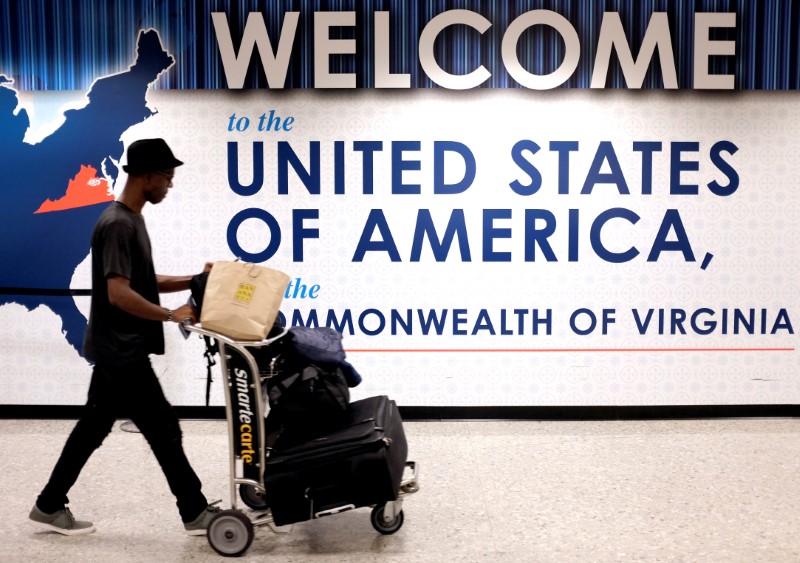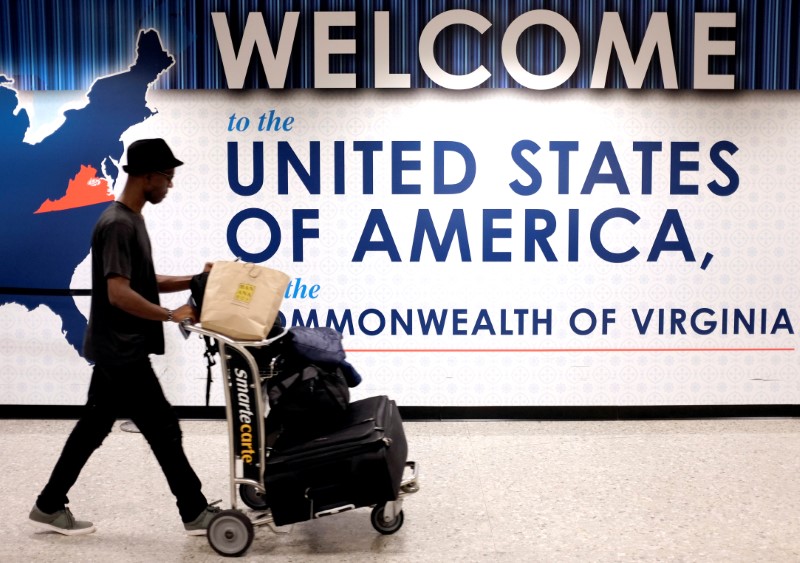
Washington, D.C. – August 2025 — The U.S. Department of State (DOS) has launched a new Visa Bond Pilot Program that could require certain temporary visitor visa applicants to post a bond of up to $15,000 before being granted entry.
The 12-month pilot, which took effect on August 20, 2025, applies to selected applicants seeking B-1 (business visitor) or B-2 (tourist) visas from countries identified as having high overstay rates, inadequate screening systems, or offering Citizenship by Investment (CBI) programs without strict residency or background check requirements.
The first countries named under this rule are Malawi and Zambia, according to a State Department announcement on August 5, 2025.
How the Visa Bond Works
Under the program, consular officers may require applicants to post a bond of $5,000, $10,000, or $15,000, depending on individual circumstances.
Payment: Bonds must be posted electronically via Pay.Gov.
Visa Validity: Single-entry visa valid for 3 months, with a maximum 30-day stay in the U.S.
Refunds: The bond is refundable if the traveler departs on time and complies with all visa conditions.
Penalties: Overstaying, unauthorized work, or other violations will result in bond forfeiture and possible immigration enforcement action.
Why the Program Was Introduced
The Visa Bond Pilot Program is part of the U.S. government’s effort to:
Reduce nonimmigrant visa overstays, which number in the hundreds of thousands annually.
Improve compliance with immigration laws.
Urge foreign governments to strengthen identity verification and document security.
Address security concerns tied to weak vetting or “economic citizenship” programs.
The policy stems from Executive Order 14159, which directed federal agencies to enhance bond enforcement under the Immigration and Nationality Act (INA).
Impact on Travelers and Sponsors
The new rule could deter some applicants from traveling to the U.S., increase processing times, and add financial burdens for both applicants and their U.S.-based hosts or employers. Legal experts recommend early planning, careful compliance, and in some cases, professional legal assistance to navigate the process.
Key Points for Applicants
Only B-1 and B-2 visa categories are affected.
Failing to post the required bond within 30 days of visa approval will result in denial.
Travelers must use pre-selected U.S. entry and exit airports for tracking purposes.
Waivers are rare and granted only under exceptional circumstances.
Looking Ahead
The Department of State will review the results of the 12-month program to determine if the bond requirement should be extended, expanded, or made permanent.
For more information, travelers are urged to check the Travel.State.Gov website or consult with a qualified immigration attorney.



